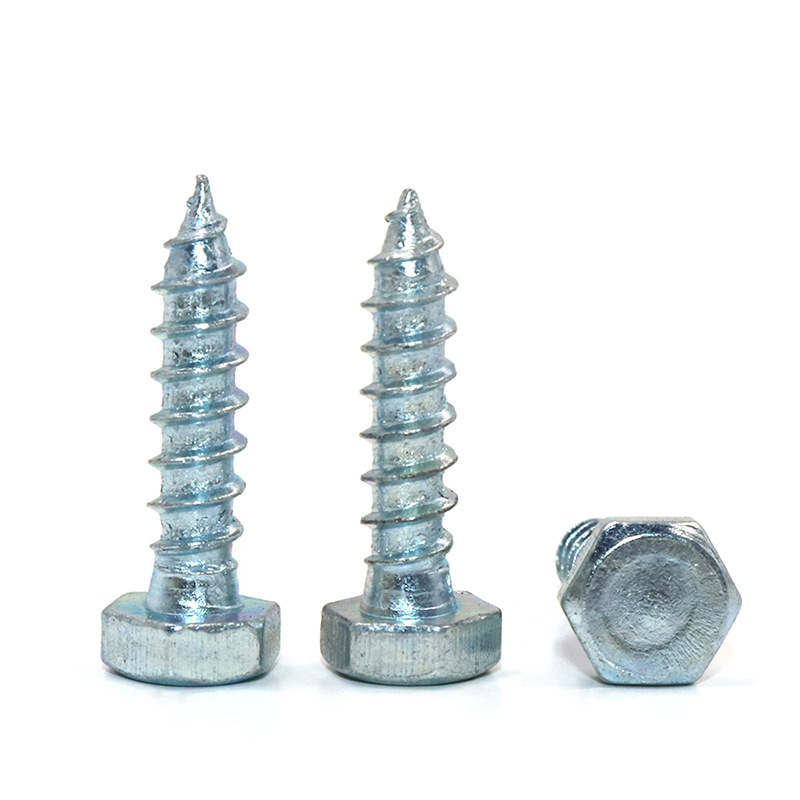

Selecting High-Quality Stainless Steel Nuts for Durable Applications and Projects
Oct . 11, 2024 15:41 Back to list
Selecting High-Quality Stainless Steel Nuts for Durable Applications and Projects
Understanding Stainless Steel Nuts Durability, Applications, and Advantages
Stainless steel nuts are essential components in various industrial and domestic applications. Known for their strength, durability, and corrosion resistance, these nuts play a crucial role in holding assemblies together, ensuring stability and safety in numerous contexts. This article delves into the composition, advantages, applications, and maintenance of stainless steel nuts.
Composition of Stainless Steel Nuts
Stainless steel is an alloy primarily composed of iron, chromium, and, in some cases, nickel. The presence of chromium, which forms a passive layer of chromium oxide on the surface, is what grants stainless steel its corrosion-resistant properties. There are several grades of stainless steel, with the most common ones being 304 and 316.
- Grade 304 Often referred to as 18-8, this grade consists of 18% chromium and 8% nickel, making it resistant to rust and oxidation. It is ideal for general purpose applications, including food processing equipment, kitchen utensils, and construction.
- Grade 316 This type includes molybdenum, which provides even better corrosion resistance, especially in marine environments. It is used in applications where saltwater exposure is a concern, such as in coastal construction or for marine hardware.
Advantages of Stainless Steel Nuts
1. Corrosion Resistance Stainless steel nuts exhibit excellent resistance to rust and corrosion, making them ideal for outdoor use and in environments with moisture or chemical exposure.
2. Strength and Durability These nuts can withstand a significant amount of stress and strain, contributing to the overall reliability of mechanical assemblies. They maintain their integrity under high temperatures and in challenging conditions.
3. Low Maintenance Unlike nuts made from other materials, stainless steel nuts require little to no maintenance, saving time and costs in the long run.
4. Aesthetic Appeal The shiny, polished finish of stainless steel is visually appealing, making it a popular choice for visible applications in architecture and design.
5. Versatility Stainless steel nuts can be used in a wide range of applications, from automotive to aerospace industries, machinery, and construction.
Applications of Stainless Steel Nuts
Stainless steel nuts are utilized in many sectors, owing to their robustness and resilience
. Here are some common applicationsstainless steel nuts

- Construction Used to secure structural components in buildings, bridges, and highways, stainless steel nuts contribute to the stability and longevity of these structures.
- Automotive Industry In vehicles, stainless steel nuts are commonly found in engine assemblies, suspension systems, and exhaust systems due to their ability to withstand heat and corrosion.
- Marine Applications Due to their exceptional resistance to saltwater corrosion, stainless steel nuts are widely used in boat fittings, shipbuilding, and offshore platforms.
- Food Industry In environments where hygiene is critical, such as food processing plants, stainless steel nuts are favored for their resistance to corrosion and ease of cleaning.
- Electronics In various electronic devices, stainless steel nuts are used for their non-magnetic properties and reliability in preventing corrosion.
Maintenance of Stainless Steel Nuts
While stainless steel nuts are low-maintenance, certain practices can enhance their longevity
1. Regular Inspection Periodically check nuts for any signs of wear, deformation, or corrosion, particularly in industrial settings.
2. Cleaning Although stainless steel is resistant to staining, it may accumulate debris or grime. Regular cleaning with mild detergents and water can help maintain its appearance and functionality.
3. Avoiding Contamination To prevent corrosion, ensure that stainless steel nuts are not in contact with other metals, especially ferrous materials, which can lead to galvanic corrosion.
4. Proper Torqueing Ensure that nuts are tightened to the manufacturer's specifications to avoid over-torquing and stripping.
Conclusion
Stainless steel nuts are indispensable components in various industries due to their durability, resistance to corrosion, and aesthetic qualities. Understanding their composition, advantages, and applications can help professionals and DIY enthusiasts make informed decisions when selecting fasteners for their projects. With minimal maintenance required, these nuts not only promise longevity but also contribute to the safety and integrity of structures and machinery. Whether you are designing a home, constructing a bridge, or manufacturing a vehicle, opting for stainless steel nuts is a decision that pays off in performance and reliability.
Latest news
-
Hot Dip Galvanized Bolts-Hebei Longze|Corrosion Resistance&High Strength
NewsJul.30,2025
-
High-Strength Hot-Dip Galvanized Bolts-Hebei Longze|Corrosion Resistance&High Strength
NewsJul.30,2025
-
Hot Dip Galvanized Bolts-Hebei Longze|Corrosion Resistance&High Strength
NewsJul.30,2025
-
Hot Dip Galvanized Bolts - Hebei Longze | Corrosion Resistance, High Strength
NewsJul.30,2025
-
High-Strength Hot Dip Galvanized Bolts-Hebei Longze|Corrosion Resistance, Grade 8.8
NewsJul.30,2025
-
Hot Dip Galvanized Bolts-Hebei Longze|Corrosion Resistance,High Strength
NewsJul.29,2025

